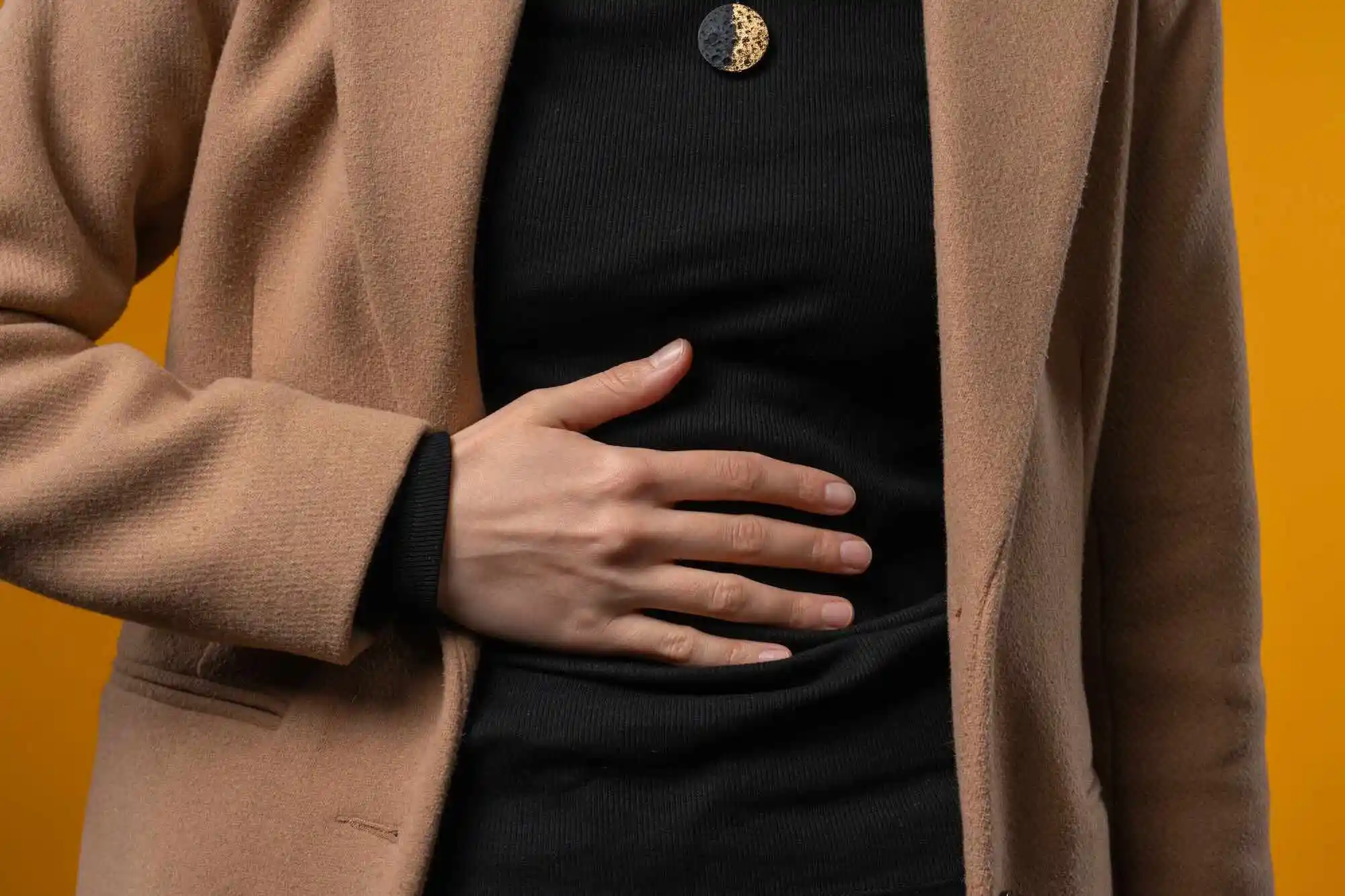Drinking alcoholic beverages can result in stomach inflammation and irritation, which leads to bloating. Regular consumption can also result in weight gain, which might feel like bloating. Limiting your intake helps prevent alcohol-related bloating and may lower your risk of long-term digestive conditions, including some forms of functional bowel problems.
Of course, this affects more than just digestion; alcohol misuse has the potential to impact you emotionally and psychologically. That’s why it’s important to understand the recovery timeline and to have realistic expectations. Seeking help from healthcare providers specializing in alcohol addiction and mental health can be beneficial during this time.
What Is Alcohol Bloat?
Most people have heard of the term “beer belly” in reference to the stubborn stomach fat that builds up in those who drink frequently. Alcoholic drinks, especially when mixed with sugary mixers, can be high in calories. Alcohol consumption can easily lead to increased weight gain and stomach bloating. More than that, however, it can irritate your gastrointestinal tract, leading to bloating and other digestive issues.
Differences Between Short- and Long-Term Bloating
Alcohol is an inflammatory substance and often produces swelling in the body. Drinks mixed with sugary and carbonated liquids worsen this impact, leading to even more bloating and indigestion. Gastritis refers to inflammation of the stomach lining, which alcohol can easily cause in the short term. It can also be a long-lasting condition (chronic gastritis) with symptoms that include:
- Belly pain
- Loss of appetite
- Heartburn
- Nausea and vomiting
Over time, gastritis can lead to stomach ulcers. These painful open sores can make you feel sick, and alcohol makes them worse.
Why Does Alcohol Cause Bloating?
Alcohol can irritate the digestive system. It also contributes to dehydration, which may trigger hormonal changes that cause your body to retain fluid and feel puffy or bloated. It impacts your water balance in other ways, too, like acting as a diuretic, leading to more frequent urination.
Chronic alcohol consumption and binge drinking can cause water retention over time, abdominal bloating, and abdominal pain. Any type of alcohol can trigger this effect, even if it’s a “light” version. That includes beer, wine, and spirits.
Alcohol’s Impact on Digestion
What you eat and drink has an impact on your gut microbiome. Drinking alcohol changes its balance, and long-term use can eat away at the stomach’s protective layers. This could affect digestion and lead to a buildup of stomach acid. Couple this with widespread inflammation, and alcohol’s impact on your digestion and metabolism becomes clear.
For many, mild bloating improves within about a day after the last drink, but it can last several days. The exact duration varies depending on a person’s drinking habits and overall health.
Can Drinking Alcohol Cause a UTI?
Alcohol doesn’t directly cause urinary tract infections (UTIs), but it can make them more likely and more uncomfortable. Because alcohol is a diuretic, it dehydrates you, concentrates your urine, and makes it harder for your body to flush out bacteria. Heavy or frequent drinking can also weaken your immune system and irritate the bladder lining. It could increase UTI risk and worsen burning, pelvic pain, and frequent urination.
You can lower your risk by staying hydrated, drinking in moderation, and supporting urinary health. Helpful habits include drinking plenty of water, limiting sugary alcoholic drinks, avoiding tight clothing and scented hygiene products, and not holding your urine for long periods. If you already have a UTI or are taking antibiotics, it’s best to avoid alcohol and follow your provider’s guidance.
How Long Does Alcohol Bloating Last?
Generally, bloating is more intense for the first several hours after the last drink, but visible puffiness and discomfort can linger. Most bloating lasts up to a few days after quitting alcohol due to water retention or inflammation in the body.
As the body adjusts, it begins to restore its gut microbiome. There’s a noticeable reduction in bloating as your digestion stabilizes. For some, this stage of adjustment can take up to two weeks.
Numerous factors influence how long bloating lasts after drinking alcohol since everyone’s body reacts differently to lifestyle changes. These include:
- Overall health: Pre-existing medical conditions may mean your body takes longer to recover.
- Diet: What you eat can either promote or inhibit healing. Eating whole grains and plenty of fruits and vegetables can support digestive health.
- Lifestyle: Regular exercise can help normalize digestion and reduce bloating.
- Adjustment: Everyone takes however long they need to acclimate to sobriety.
Alcohol Bloat Recovery Timeline
| Stage of Recovery | Expected Timeline | Symptoms and Changes | Tips to Reduce Bloating |
| Immediate (0-24 Hours) | First day after quitting | Dehydration, water retention, mild bloating | Stay hydrated, avoid salty foods |
| Early Recovery (1-3 Days) | Up to 3 days | Digestive discomfort, bloating begins to decrease | Drink water, eat fiber-rich foods |
| Short-Term (4-7 Days) | Within a week | Noticeable reduction in inflammation and bloating | Exercise, reduce processed foods |
| Two Weeks Sober (8-14 Days) | 1-2 weeks after quitting | Significant digestive improvements, less bloating | Maintain hydration, add probiotics |
| Long-Term (14+ Days) | Beyond two weeks | Gut microbiome stabilizes, bloating subsides | Healthy diet, avoid carbonated drinks |
Factors Influencing How Quickly Alcohol Bloat Goes Away
How long it takes to recover from alcohol bloating largely depends on your drinking habits, but other factors play a role as well.
The Liver and Alcohol
Your liver takes the biggest hit from consuming alcohol. It produces enzymes that break down the toxins that pass through the body, including alcohol. If you’ve been drinking for a long time, you might need to withdraw under medical supervision. This helps your body adjust safely, but recovery from bloating will take longer.
Body Fat and Alcohol
Contrary to popular belief, alcohol itself is not stored in body fat. Your liver is responsible for breaking it down and clearing it from your system. However, the body converts alcohol’s carbohydrates into fatty acids, inhibiting the absorption of nutrients and increasing weight gain. This can contribute to weight loss difficulties for some.
Alcohol and Your Metabolism
Metabolism also impacts how quickly alcohol bloat goes away. Focusing on your overall diet as a whole can help. Eating a diet rich in protein and lower in processed foods may support healthy energy expenditure, making it easier to maintain a healthy weight. Hydration is also important. Drinking plenty of water is crucial for overall health and can aid in digestive health.
Tips to Reduce Alcohol Bloat Quickly
Alcohol-related bloating is often linked to the way alcoholic drinks disrupt digestion, contribute extra calories (especially from sugar), and drive inflammation. Stopping drinking will eliminate most of the problem, but there are a few other areas you can focus on to help support your recovery:
- Drink water: Water retention starts when the body isn’t getting enough proper hydration to function. Drinking water not only hydrates you but also eases inflammatory effects.
- Fiber and probiotics: Adding these digestive aids to your diet can prevent and treat bloating. Over time, probiotics also promote overall healthier gut bacteria. You may also consider supplementing with digestive enzymes.
- Reduce salt intake: High salt intake worsens water retention, which leads to heavier bloating. Swap the sodium for potassium and fiber.
- Exercise: Physical activity helps your body deal with physical ailments.
- Avoid carbonated drinks: Aside from beer, steering clear of sodas and other carbonated beverages reduces the amount of sugar and gas you consume. If you keep taking in more gas, the excess carbon dioxide enters your stomach and results in painful bloating.
- Consider over-the-counter antacids: If you experience indigestion or heartburn, over-the-counter antacids may provide temporary relief.
The Importance of Seeking Professional Help
Although discussions about excessive alcohol use often focus on internal organs, bloating is one of several visible warning signs of the toll it takes on your body. Chronic drinking may also coexist with other health issues that intensify these effects. Some people notice their skin becoming red or flushed when their body can’t properly metabolize alcohol.
It may be tempting to “tough it out,” but quitting alcohol can be physically dangerous. It may even be life-threatening without professional supervision. If you are concerned about the amount of alcohol you are consuming, it is important to seek medical advice.
Live Free Recovery Services can help with:
- Detox: Seeking help ensures you stay under the watchful eye of a caring physician who can reduce the risks of undergoing alcohol withdrawal.
- Nutrition: With a personalized approach to treatment, you’ll receive nutritional counseling that supports digestive healing.
- Therapy: Individual behavioral and group therapy can teach you to identify triggers and learn how to respond to them without relapsing.
Long-Term Benefits of Quitting Alcohol
Consuming too much alcohol may cause unwanted problems in your life, over and above the negative side effects on your health. When you stop drinking, you also stop exposing yourself to a wealth of different dangers.
You’ll likely experience improved digestive health the longer you abstain from alcohol. Quitting ends that source of inflammation, improving your gut health, and reducing your risk for chronic conditions like gastritis and liver disease.
Drinking excessively makes the immune system weaker, which leaves the body more vulnerable to infections and illnesses. Maintaining sobriety can help it recover and stay functional. You may notice improvements in your energy levels and overall well-being.
Contact Live Free Recovery Services Today
Like other chronic diseases, alcohol addiction can be treated and managed, allowing you to live a normal life. Many people who participate in evidence-based treatment programs can stop or significantly reduce alcohol use and improve their social and psychological functioning.
To support long-term recovery that lasts, Live Free Recovery Services takes a personalized approach. We combine an understanding of each person’s specific circumstances with a strong appreciation for their dignity and worth to ensure holistic treatment.
If you or a loved one is seeking help for alcohol addiction and related health concerns, reach out today for more information on how Live Free Recovery Services provides support for alcohol addiction recovery.







